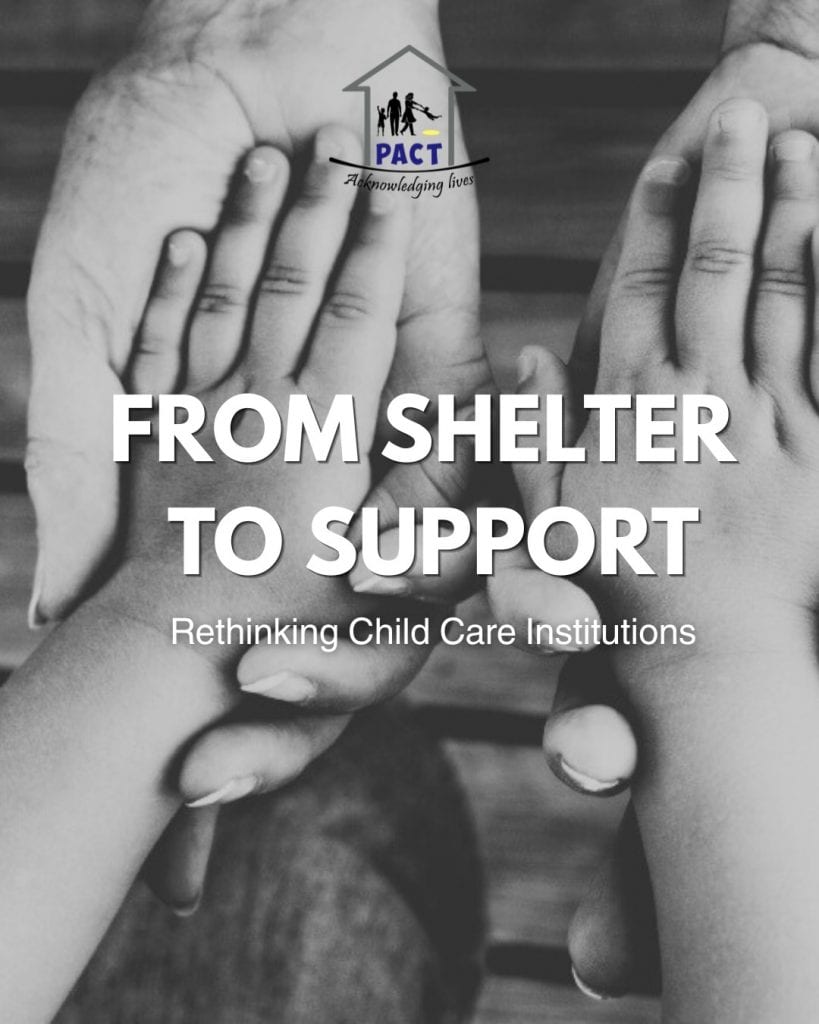
It’s striking that even as we enter 2025, the challenges identified in Evergreat Wanglar’s 2021 study of India’s child care institutions (CCIs) remain all too familiar. Wanglar found that CCI staff often lack specialized training and emotional bandwidth to meet children’s needs: many caregivers are unqualified, training is minimal, and staff struggle to give individual attention. By one account, overwhelmed staff “feel dejected and eventually less interested in their work,” directly undermining the quality of care. At the same time, vocational and life-skill programs are often cursory and outdated.
These gaps raise fundamental questions for us today ⬇
????Emotional & Personal Support: Children from diverse, often traumatic backgrounds are housed together—sometimes 50 per home—with little privacy. Staff report difficulty giving “special attention to address each child’s needs, emotional and behavioural challenges.” In practice, this can leave children feeling detached or uncared-for during crucial developmental years.
???? Inadequate Training: Most CCI caregivers “do not possess any specialized knowledge related to child care, child protection, [or] child development.” Minimal in-service training typically omits key skills like conducting home visits or preparing individualized care plans, leaving staff ill-equipped and burnt out. The study warns this severely hampers institutions’ ability to support children’s recovery and long-term development.
????Outdated Vocational & Life Skills: Children are assigned chores—cooking, cleaning—but lack exposure to decision-making, communication, financial literacy, and problem-solving. As a result, many “fail to understand and cultivate personal life skills” needed for real-world challenges.
???? Weak Child Participation: Although mandated by law, most CCIs don’t have functioning children’s committees. No suggestion boxes, no records of elections, no documented child input. The children’s voices are almost entirely absent from how their care is designed and delivered.
Taken together, these issues suggest a painful pattern institutions may struggle to prepare children holistically for life beyond the CCI. Many institutionalized children attend under-resourced government schools with irregular teachers and no career counselling. If education is erratic and future-planning absent, how can youth hope to build stable lives?
Even more—are we truly listening to what children themselves say they need?
Alternative models like adoption, foster care, and sponsorship are supposed to offer exits—but remain underutilized.
Foster care in India, Wanglar notes, is “far from being an actual choice.” There’s little awareness, meagre funding, and no reliable monitoring. Sponsorship programs, too, often fail to deliver timely or meaningful support.
So what are we doing differently?
???? PACT’s 2025 Focus????
Empowering Caregivers for Child-Centered Change
At Prakhyata Abhihnand Charitable Trust (PACT INDIA), we believe that transformation must begin with the caregiver. This year, we’ve made caregiver empowerment our strategic priority.
????Our three-year Caregiver Training Program, validated by MS Ramaiah Medical College & University, focuses on equipping caregivers—especially those supporting children with special needs—with core competencies in
▪Physical support
▪Health and safety awareness
▪Trauma-informed care
▪Psychological resilience
▪Life skill facilitation
We are building a professional pipeline of compassionate, competent caregivers who can not only support children’s daily needs but also contribute meaningfully to their emotional and developmental growth.
PACT has launched trauma-informed training workshops, life-skills modules, and peer support networks. With the help of anonymous philanthropic partners, we are ensuring this model is sustainable, replicable, and scalable across India. Because when caregivers are empowered, children thrive.
Because true rehabilitation isn’t about filling beds—it’s about opening doors. We remain committed to challenging the status quo, acting on evidence, and ensuring every child in care is surrounded by capable hands, listening ears, and hopeful hearts.
– Pristy Paul